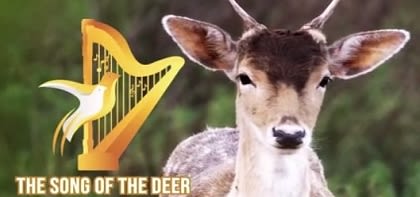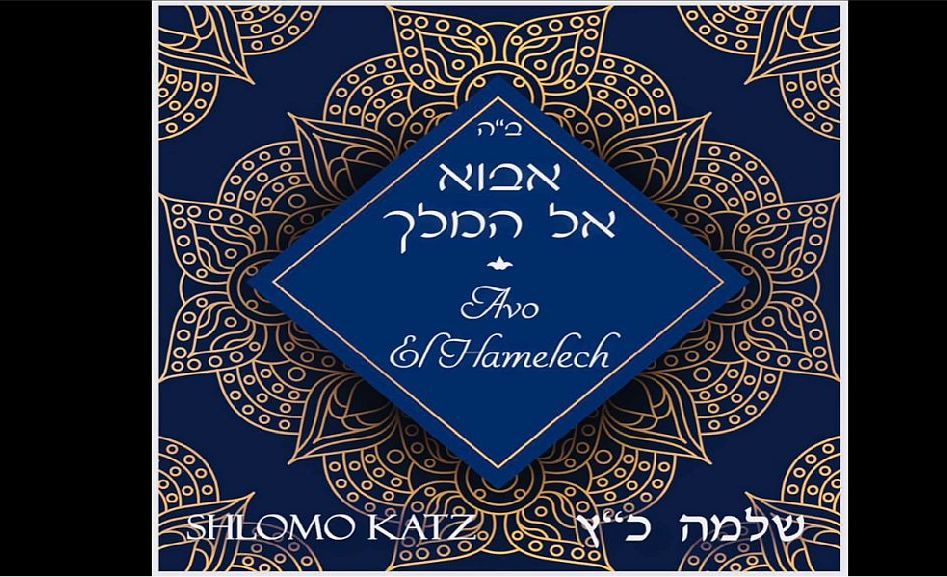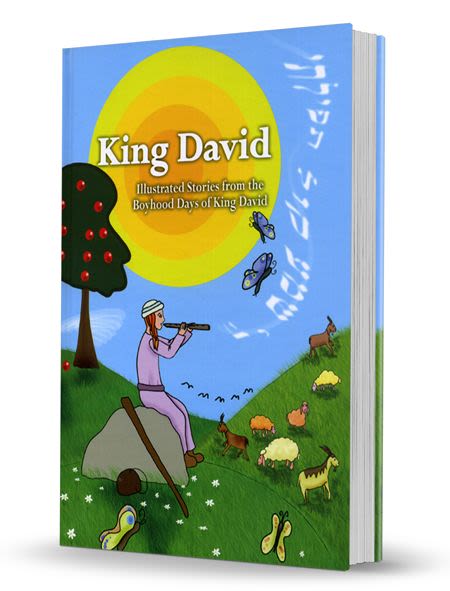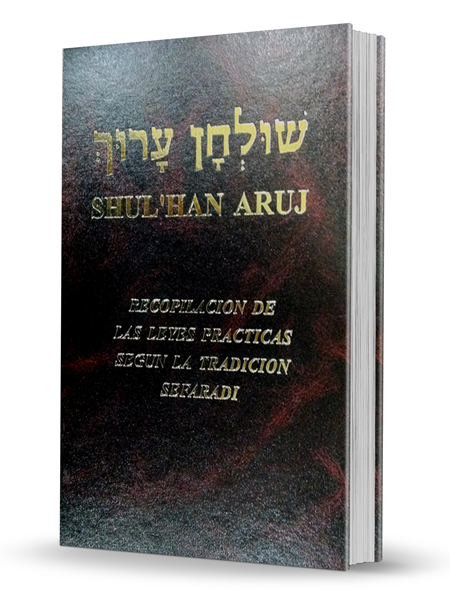
Perek Shira – The Song of the Deer
This fast-legged creation of beauty flees daily for its life. Its survival is a divine song to the God of Salvation.

 The deer1 says: And I will sing of Your might, and I will praise Your kindness in the morning, for You have been a bastion for me, and a refuge on the day of my distress. (Psalms 59:17)
The deer1 says: And I will sing of Your might, and I will praise Your kindness in the morning, for You have been a bastion for me, and a refuge on the day of my distress. (Psalms 59:17)
The deer is sweet of meat but fleet of feet. Many prey upon its delectable flesh, yet it does not possess the brawn and the fortitude to defend itself outright. Rather, its form of defense is to run away, which it does excellently with its uniquely swift legs and slender, nimble figure.
It is a particularly fearful creature and this characteristic lends it the alertness necessary for its survival. Even when it sleeps, it is said to keep one eye open and watch out for adversaries. When it flees it will turn its head around as it runs, to keep an eye on its chasers. If, while fleeing through a forest, its antlers become entangled in the woods, it has been known to break its antlers against a tree and to continue to run unrestrained.2
In the animal kingdom, the deer is the symbol of flight for survival. When the night ends and its adversaries return to their dens and this beautiful creature rises for another day of existence, its survival is a song to its Creator no less than that which King David sang when he was saved from his enemies.3
Living with Song
The deer sings not only about its own survival. Its song refers also to the Jewish nation’s salvation from the exile and its many predators, with the approaching dawn of the final redemption.4
The periods of Jewish exiles are traditionally referred to as “nights”. The upcoming final salvation is described as “the day”. Since the destruction of our Bais Hamikdash we have wandered throughout the world, constantly running and escaping from many a hostile nation, only to fall prey to another.
It is not only from physical threats that we flee. Wandering without righteous kingship, we have always had to “run like the deer” from recurring opposition in compromising and even antithetical societies, fleeing spiritual hazards with the same responsibility with which the deer flees swiftly with all of its might to save its life.
Like the deer, our survival until the ultimate morning is a beautiful song of praise to Hashem, Whose watchful gaze has never ignored us. It is about this future morning that it is written, “Tov Lehodos LaHashem” – it is good to thank Hashem in the morning of the redemption for His kindnesses. This verse continues that during the exile nights, it befits us to maintain our faith that this morning will yet come.
On a more personal scale, everyone has periods of “nights” followed by “mornings”, which come upon him throughout his life. These are both equally periods of song. At day, do not forget the past night, and remain humbly grateful. Perhaps the whole purpose of the travails was so that you would appreciate the One who delivered you from them. At night, do not forget the past day that will surely return with renewed grandeur.
Whether soaring, or merely surviving, sing throughout. Ultimately, you are singing the song of the final redemption, the day when the sun will rise and never set again.
1 Important note: The translation of the Hebrew “Tzvi” is a subject of dispute. The traditional European translation for the past few centuries was deer, or “Hirsh” in Yiddish. This view is held by Rabbeinu Tam. In more recent years, researchers determined that “gazelle”, otherwise known as the צבי הארצישראלי, is the correct identity of the Tzvi. The gazelle is generally similar to the deer, only considerably smaller and also quicker. It is capable of running up to 100kmh over short distances. It has straight horns, as opposed to the deer’s forked antlers. An expert on Torah zoology, R’ Amitai Ben-David, nevertheless maintains that there is no proof in either direction. Therefore, I have used the translation “deer” in this song in order to avoid confusion, bearing in mind that it is the better known in the northern hemisphere.
2 Quoted in מדריגות האדם .
3 Based on R’ Chaim Kanievsky and Shir HaChaim.
4 Based on R’ Chaim Kanievsky and Shir HaChaim. Cf. above.
***
Republished with permission by Rabbi Shmuel Kraines of the Song of Existence Project.














Tell us what you think!
Thank you for your comment!
It will be published after approval by the Editor.